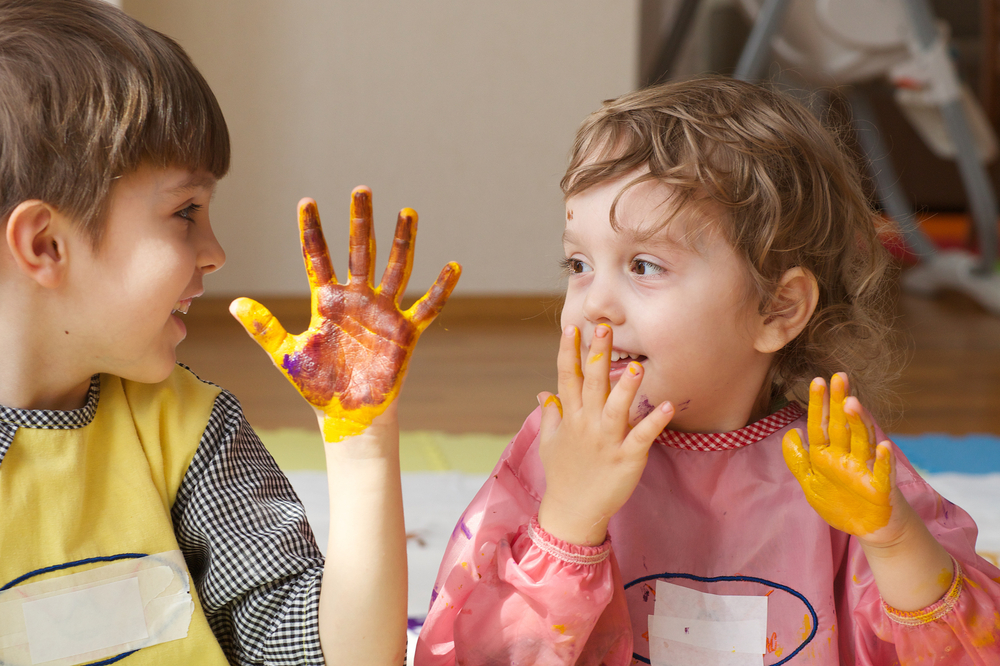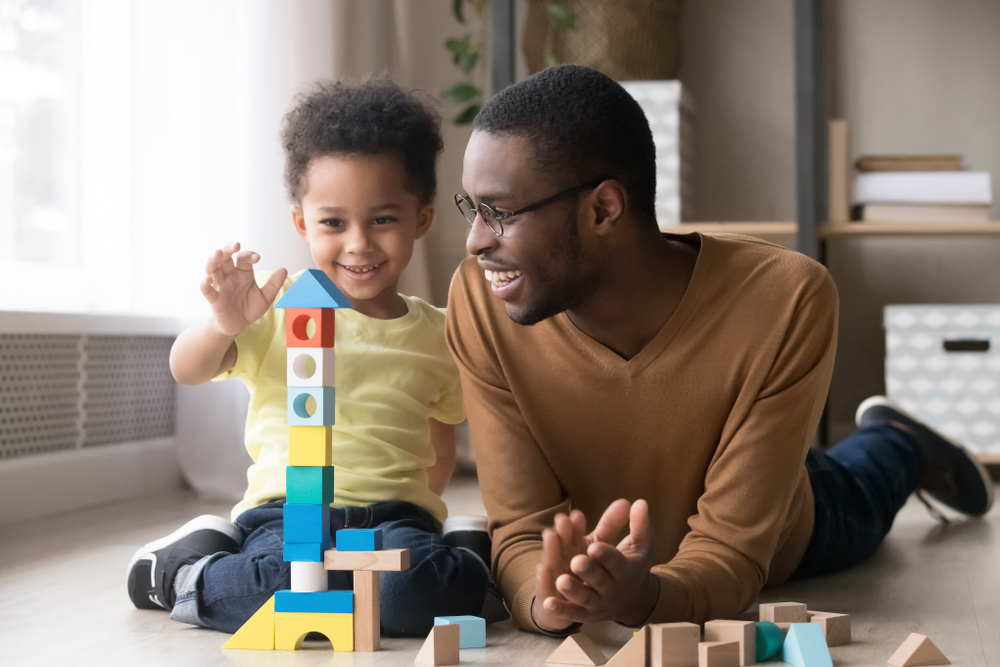Historical Knowledge Science Worksheets for Ages 6-8
5 filtered results
-
From - To
Explore our engaging Historical Knowledge Science Worksheets crafted for kids ages 6-8. Our fun, educational worksheets are designed to stimulate curiosity about history, while enhancing essential science learning skills. Through interactive exercises, children discover significant historical events, influential figures, and ancient civilizations. These worksheets integrate historical facts with scientific concepts, fostering a well-rounded understanding and appreciation of both subjects. Perfect for young learners eager to expand their knowledge through captivating and age-appropriate activities. Unlock the past’s mysteries and inspire a lifelong love for history and science with Kids Academy’s expertly created resources.
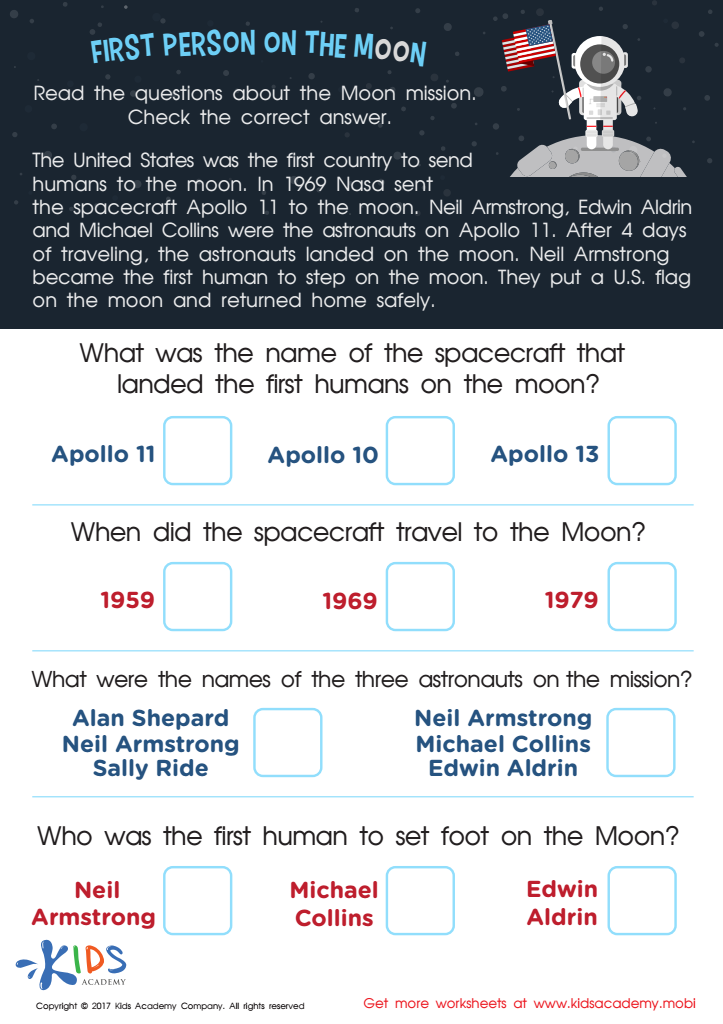

First Person on the Moon Worksheet
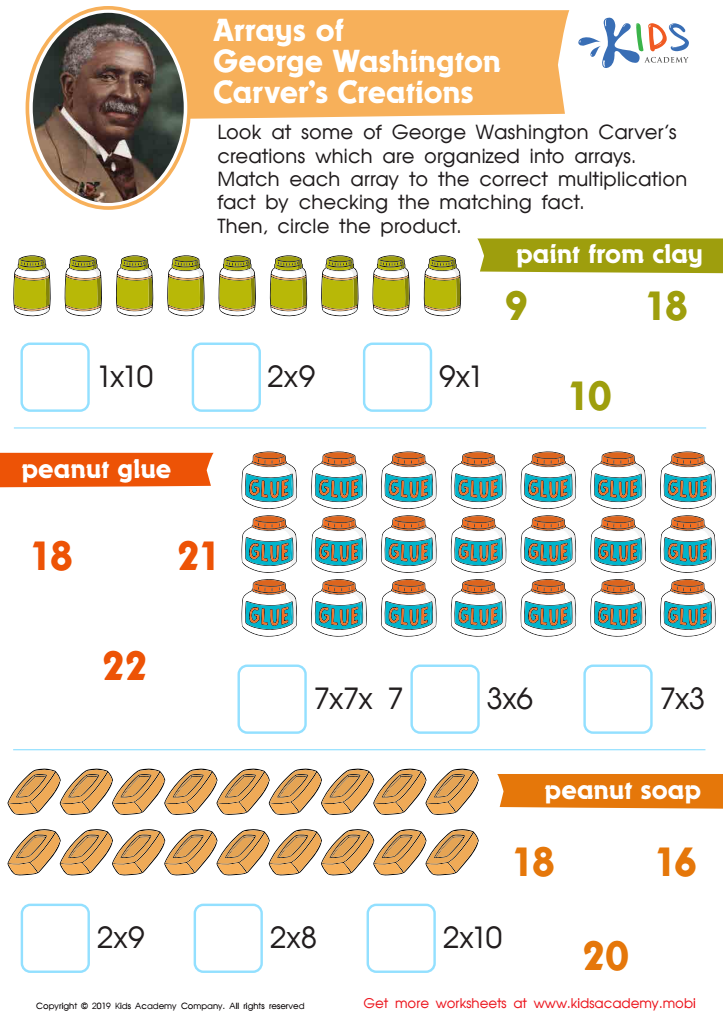

Arrays of George Washington Carver’s Creations Worksheet
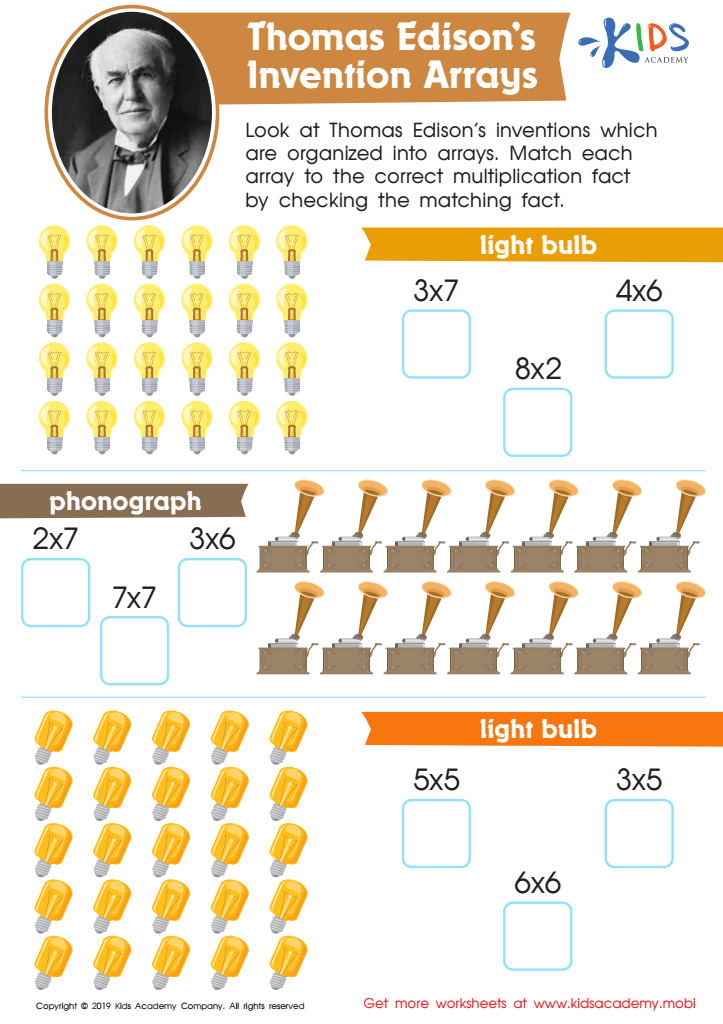

Thomas Edison’s Invention Arrays Worksheet
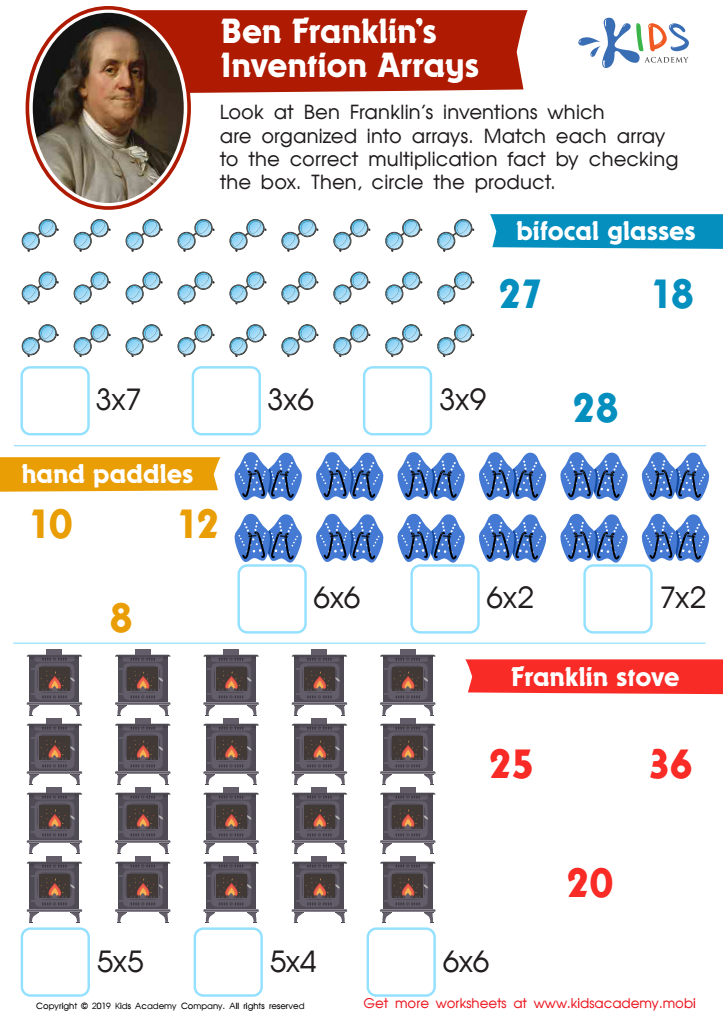

Ben Franklin’s Invention Arrays Worksheet
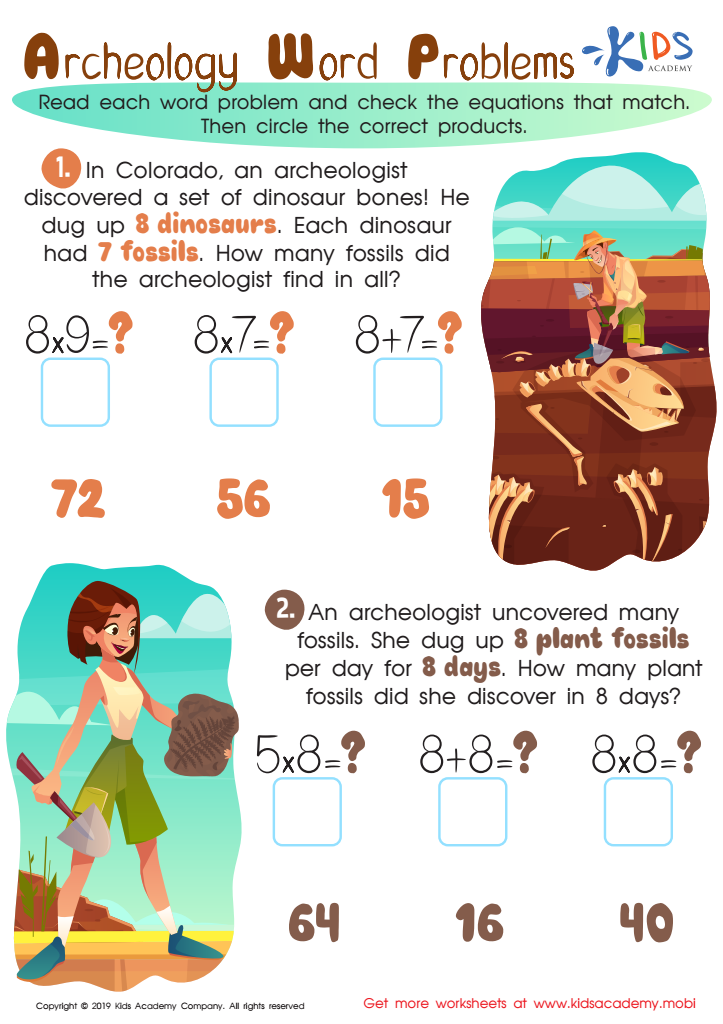

Archeology Word Problems Worksheet
Parents and teachers play a crucial role in nurturing early interest in historical knowledge and science for children ages 6-8. At this impressionable age, integrating history with science helps cultivate curiosity, critical thinking, and a sense of identity. Learning about past civilizations, inventors, and scientific discoveries enhances children's understanding of their world and its development.
Engaging with history lends context to scientific concepts, making abstract ideas more relatable. For example, studying the moon landing or the invention of the telephone can make these scientific achievements exciting and real for young minds. This multidisciplinary approach also stimulates cognitive development, encouraging children to ask questions, compare past and present, and understand cause and effect.
Moreover, teaching history promotes cultural awareness and empathy. By learning about diverse cultures and historical events, children appreciate differences, fostering respect and tolerance. It helps them recognize that scientific progress often builds upon the cumulative knowledge of various cultures.
Additionally, historical knowledge can inspire future learning and career aspirations. Understanding the struggles and triumphs of past scientists and inventors can motivate children, showing them that perseverance and curiosity can lead to remarkable achievements. Parents and teachers who prioritize historical knowledge equip children with a rich, interconnected understanding of their world, laying a strong foundation for lifelong learning.

 Assign to My Students
Assign to My Students





